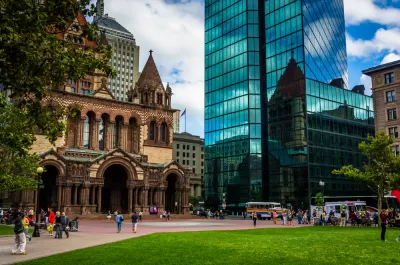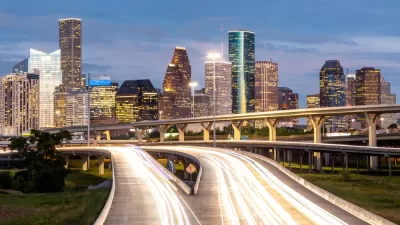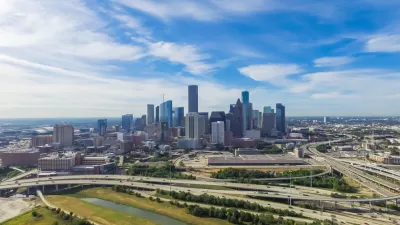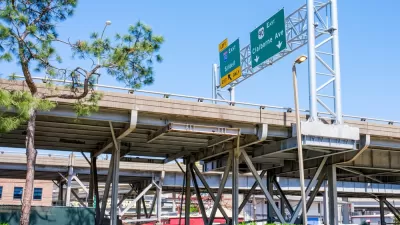Fifty years ago, Governor Francis W. Sargent nixed a proposed expressway and set in motion a transportation future for Boston that would be remarkably different from many other U.S. cities.

In an article for the Boston Globe, Danny McDonald describes the long-lasting impact of a decision made half a century ago by Massachusetts Governor Francis W. Sargent.
As McDonald explains, “Fifty years ago last week, Governor Francis W. Sargent killed the Southwest Expressway, an 8-mile extension of Interstate 95 from Canton to the South End.” This fateful decision “helped Boston maintain its feel, that it preserved an inner core of neighborhoods that the highway would have been irreversibly sliced up.”
According to experts, the decision also helped guide other Boston infrastructure projects, such as the Ted Williams Tunnel.
Indeed, it’s hard to overstate the impact that Sargent’s decision had on modern Greater Boston. Today, part of the proposed highway-that-never-was is the Southwest Corridor Park, a treasured 4-mile greenway that stretches from the Back Bay to Forest Hills in Jamaica Plain. The old elevated Orange Line along Washington Street was torn down and relocated to the former highway corridor, which led to the renewal of neighborhoods in the South End and Jamaica Plain.
Sargent’s decision came after intense opposition from local community activists who feared the impact of the proposed expressway. And while it preserved many Boston neighborhoods, over 500 homes and businesses were demolished to make way for the highway before the project was canceled. But many credit it for setting Boston up for a less car-oriented future than many other American cities.
FULL STORY: Transformative decision a half-century ago to scrap I-95 extension still resonates in Boston today

Maui's Vacation Rental Debate Turns Ugly
Verbal attacks, misinformation campaigns and fistfights plague a high-stakes debate to convert thousands of vacation rentals into long-term housing.

Planetizen Federal Action Tracker
A weekly monitor of how Trump’s orders and actions are impacting planners and planning in America.

Chicago’s Ghost Rails
Just beneath the surface of the modern city lie the remnants of its expansive early 20th-century streetcar system.

Bend, Oregon Zoning Reforms Prioritize Small-Scale Housing
The city altered its zoning code to allow multi-family housing and eliminated parking mandates citywide.

Amtrak Cutting Jobs, Funding to High-Speed Rail
The agency plans to cut 10 percent of its workforce and has confirmed it will not fund new high-speed rail projects.

LA Denies Basic Services to Unhoused Residents
The city has repeatedly failed to respond to requests for trash pickup at encampment sites, and eliminated a program that provided mobile showers and toilets.
Urban Design for Planners 1: Software Tools
This six-course series explores essential urban design concepts using open source software and equips planners with the tools they need to participate fully in the urban design process.
Planning for Universal Design
Learn the tools for implementing Universal Design in planning regulations.
planning NEXT
Appalachian Highlands Housing Partners
Mpact (founded as Rail~Volution)
City of Camden Redevelopment Agency
City of Astoria
City of Portland
City of Laramie





























